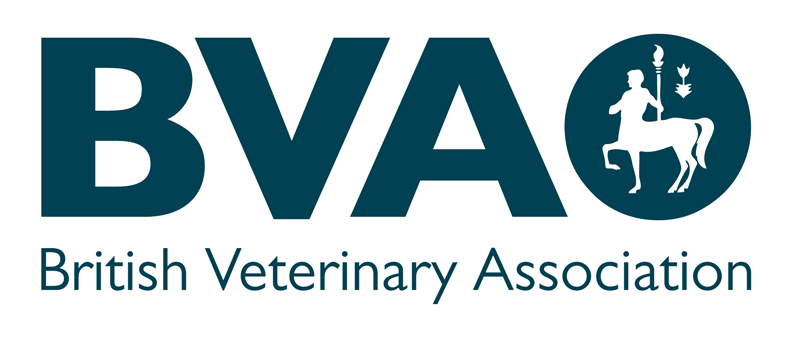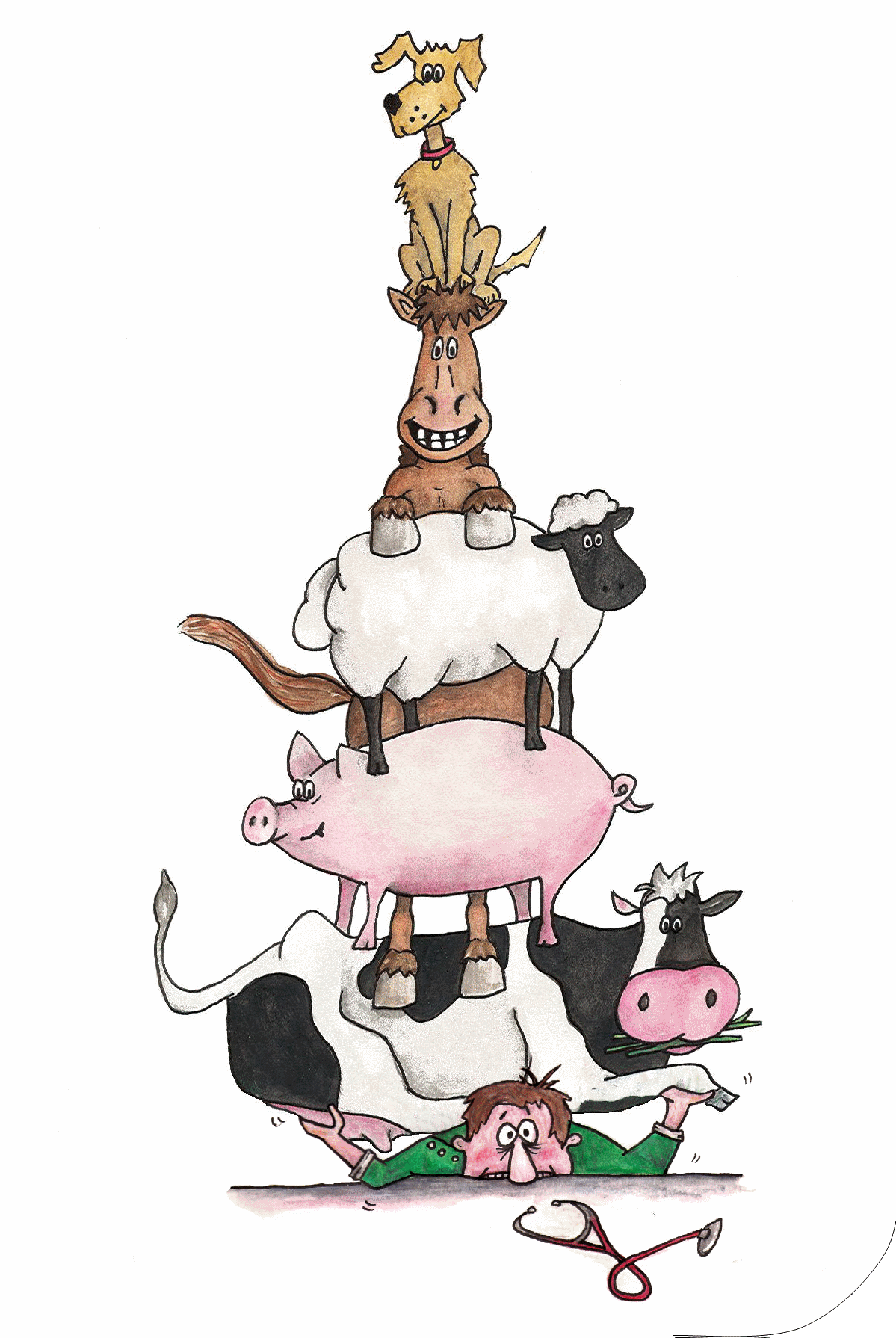BVA president delivers annual London dinner speech on the theme of trust
The president of the British Veterinary Association, Robin Hargreaves, has called for government decisions on TB testing and veterinary surveillance to be based on quality of service as well as cost, as he delivered the annual BVA London dinner speech on the theme of trust.
He also spoke about the misinformation and misunderstanding in the debate about bovine TB, the need for a new approach to reducing the harm caused by non-stun slaughter, and the current concerns about the impact of changes to the pet travel scheme.
On procurement of TB testing services from official veterinarians, Mr Hargreaves said: "In some large animal and mixed practices, predominantly in rural areas, there has been additional worry about the impact of the Government's decision to procure bovine TB testing of cattle by tender We remain unconvinced that tendering is the only available route, but we acknowledge the significant budgetary pressures on Government to reduce the overall cost of TB testing.
"[We want] a system that recognises the vital importance of maintaining our existing local infrastructure of veterinary practices, one that reinforces the value of the trusted relationship between local veterinary surgeons and their farm clients, especially in communicating messages on policy, biosecurity, and other advice, and one that reflects the government's policy priority of supporting small businesses.
"What we don't yet know is how those elements will be reflected in the tendering process and we are looking to the Government to do all they can to ensure contracts are awarded on quality, as well as price."
He went on to talk of veterinary surveillance, saying: "We need to eradicate the diseases we've got, and keep out the ones that we don't have with a robust veterinary surveillance system. That's why we have stated repeatedly that changes to the existing surveillance system must not be based on cost alone. If we lose our capacity to protect the UK from disease incursion it will be impossible to get it back."
He also spoke of his frustrations with the media's portrayal of bovine TB, saying: "The IEP had to be given time to produce a thorough report, but while we wait it is frustrating to see misinformation filling the void. Some in the media are painting a picture in which policymakers have a straight choice between vaccinating badgers and culling them. That picture is false. And it is damaging.
"Badger vaccination clearly has a role to play in the eradication of bovine TB, and we were pleased to see it included in the government's TB strategy, but there is no evidence to suggest that it is currently a viable alternative to culling in the fight against the disease in cattle in the endemic areas. And it is wrong to suggest that any of the measures we need to tackle bovine TB can be successful in isolation."
One issue that is of high concern to members that he addressed was slaughter without pre-stunning. He said: "It is the single issue that attracts the most comment and concern amongst our members. It is also the issue on which we have a huge amount of political support, but on which the Government feels its hands are tied.
"We must remember that this concerns millions of individual animals. That is why we have been seeking to find practical solutions For these animals we want to see post-cut stunning to reduce the individual harm. And we want to see a system of labelling that would reduce the likelihood of products entering the mainstream market, which in turn would reduce the total number of animals affected."
Finally he addressed the issues surrounding pet travel. "The abuse of non-commercial pet travel rules by organised gangs looking to make thousands of pounds from unsuspecting families has become a worrying and unintended consequence of the harmonisation of pet travel across Europe," he said. "And with it comes an increased risk of rabies, echinococcus, and other diseases crossing our borders. We absolutely don't want to be alarmist about these risks, but once criminal activity is involved all bets are off.
"We support moves towards a minimum age of vaccination of 12 weeks so that no puppy can come into the country until it is at least 15 weeks old. Of course the simplest way to reverse the recent trend is to increase the waiting time before animals can enter the UK even further. But that decision is not within our gift, and without the support of other Member States it is unlikely to happen.
"Sadly, none of this activity is able to address the hidden welfare breaches being inflicted upon the breeding stock back in their home countries. This is the invisible harm being caused by the impulse buying of puppies sourced from abroad. We would always recommend that people do their research, seek out reputable breeders at home, and be prepared to be a little more patient."
Lord de Mauley, Parliamentary Under Secretary of State at Defra, also delivered a speech to guests, including parliamentarians, veterinary surgeons, and representatives from the agri-food industry, the pet industry, welfare charities, research and veterinary education.

Follow us:
Share this page:




